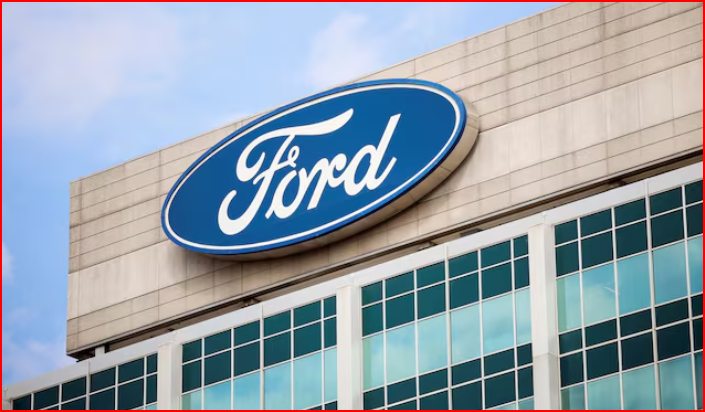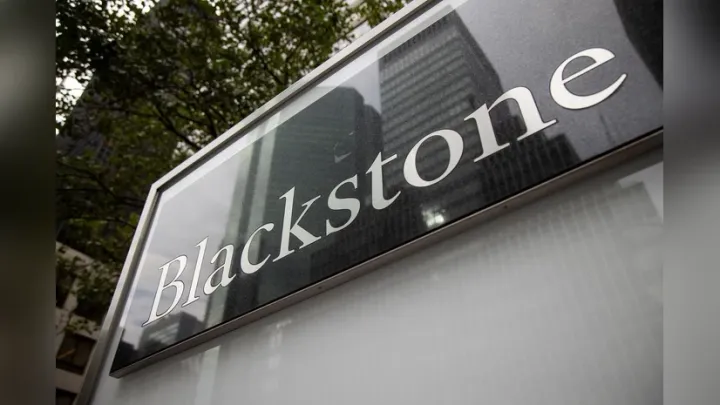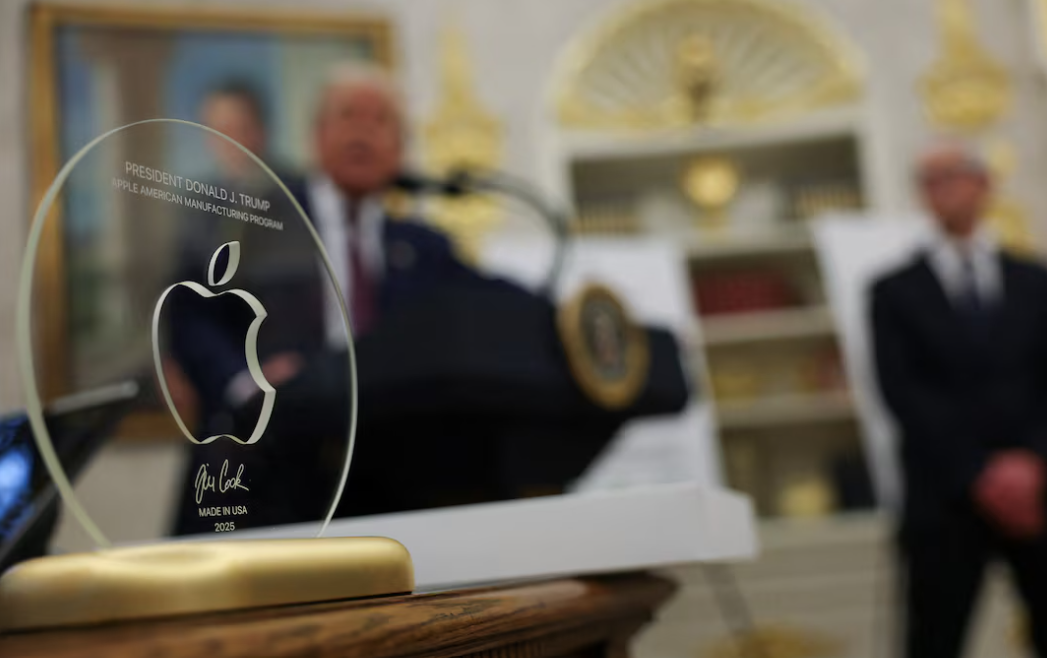Ford to Recall Nearly 133,000 Aviator SUVs in U.S. Over Parts Detachment Concerns

Ford Motor Company is recalling approximately 132,914 Lincoln Aviator SUVs in the United States after discovering a safety risk involving parts of the vehicle detaching during use, according to an announcement by the U.S. National Highway Traffic Safety Administration (NHTSA) on Tuesday.
The issue centers around the rear door window trim pieces, which may not be properly secured due to insufficient adhesion during the manufacturing process. The defective parts include the rear door window applique or trim bars — plastic or metallic accents that are primarily decorative but also contribute to the vehicle’s aerodynamics and structure. If these parts detach while the vehicle is in motion, they pose a serious hazard not only to the occupants of the Aviator but also to other drivers and pedestrians on the road.
Details of the Recall
The affected models are primarily 2020 to 2023 Lincoln Aviators, a luxury SUV built on the same platform as the Ford Explorer but marketed under Ford's upscale Lincoln brand. These vehicles were manufactured at Ford’s Chicago Assembly Plant.
According to NHTSA documents, Ford identified that the adhesive used during production to attach the rear door window trim pieces could degrade over time or fail under certain weather conditions or vibrations. In such cases, the trim pieces could become loose and potentially detach entirely, increasing the risk of a crash or injury.
Although no injuries or accidents related to the issue have been reported so far, Ford said it is initiating the recall out of an abundance of caution and in compliance with federal safety regulations.
Customer Notification and Next Steps
Ford will begin notifying registered owners of the affected Aviator vehicles starting in late July 2025. Vehicle owners will receive instructions via mail to schedule a free inspection and repair appointment at their local dealership. The remedy will involve the reattachment or replacement of the rear door window trim bars using upgraded adhesive or improved fastening mechanisms.
As part of the recall protocol, Ford will also provide reimbursement for owners who have previously paid for similar repairs out-of-pocket, provided that they submit proper documentation.
Statement from Ford
In a public statement, a Ford spokesperson said, “We are committed to the safety and quality of our vehicles and to providing our customers with the best possible ownership experience. Although the number of affected vehicles is limited relative to our total production, we take this issue seriously and are working quickly to make the necessary repairs.”
The company added that it continues to monitor vehicles in the field and will cooperate fully with regulatory authorities to ensure all potential risks are addressed promptly.
A Pattern of Recalls
This latest recall comes amid growing scrutiny of auto manufacturers regarding component reliability and production standards. Ford, like many other automakers, has faced a series of recalls over the past few years. In 2024 alone, the company issued several high-profile recalls, including those involving braking systems, rearview camera issues, and battery risks in hybrid vehicles.
Earlier this year, Ford also recalled over 250,000 F-150 pickup trucks due to a transmission downshifting issue. Safety experts say that while recalls are often seen as negative press for carmakers, they are also a sign of a company’s willingness to address problems before they escalate into more serious safety threats.
“Recalls are part of the modern automotive lifecycle,” said Michelle Krebs, an executive analyst at Cox Automotive. “What matters most is how quickly and transparently a company acts when issues arise.”
Impact on Consumers and Market
While the recall affects a fraction of Ford’s overall customer base, it has broader implications for consumer confidence — especially among Lincoln buyers, who pay a premium for luxury, comfort, and reliability.
The Lincoln Aviator, which competes with midsize luxury SUVs like the BMW X5, Audi Q7, and Acura MDX, is a flagship model for Lincoln’s resurgence in the competitive U.S. luxury market. A consistent record of performance and quality is essential for maintaining its standing.
Some industry analysts believe the recall could temporarily impact new sales, particularly if consumers perceive a pattern of reliability issues. However, others suggest that Ford’s proactive approach and free repairs will help mitigate any long-term damage to the brand’s reputation.
Advice for Vehicle Owners
Auto safety experts advise Aviator owners not to attempt any repairs themselves. Detached trim pieces can be sharp and pose a risk during handling. Owners are instead urged to contact their dealership or Ford’s customer service hotline to arrange a professional inspection.
Owners should also monitor their vehicles for any signs of the issue, such as unusual noises from the rear doors, visible loosening of trim pieces, or parts visibly shifting during driving. Ford has assured owners that, while the issue may sound alarming, the overall risk remains low if addressed promptly.
Final Thoughts
Ford’s recall of nearly 133,000 Aviator SUVs underscores the importance of rigorous safety testing and continued post-sale monitoring. While modern vehicles are becoming more complex and technology-driven, this recall shows that even seemingly minor components like window trim bars can become significant safety concerns if not manufactured to precise standards.
For consumers, the recall is a reminder to stay informed and act swiftly when notified about vehicle safety issues. For Ford, it's another opportunity to demonstrate accountability and protect its brand image in a fiercely competitive automotive market.
As the auto industry continues to evolve — with electric and autonomous technologies on the rise — vigilance in vehicle safety remains a top priority for both manufacturers and regulators.
Sources Used:
Reuters – Ford recall nearly 133,000 Aviator SUVs in US over vehicle parts detachment
U.S. National Highway Traffic Safety Administration (nhtsa.gov)
Ford Motor Company press releases



